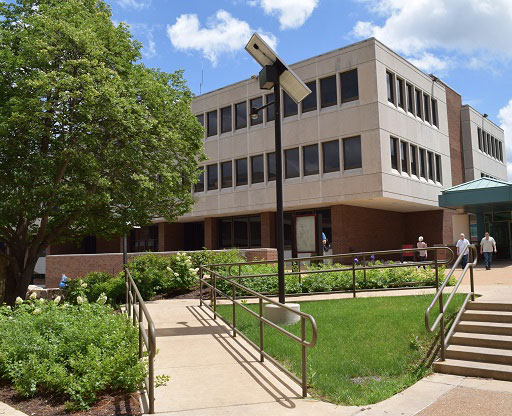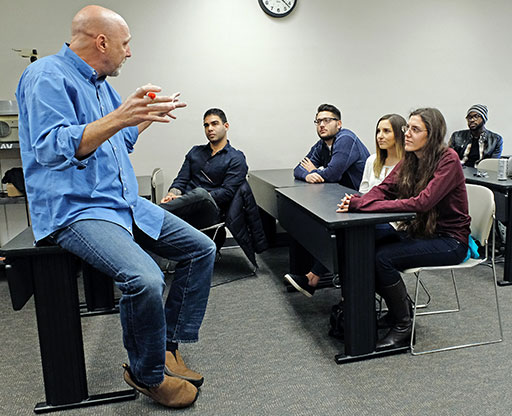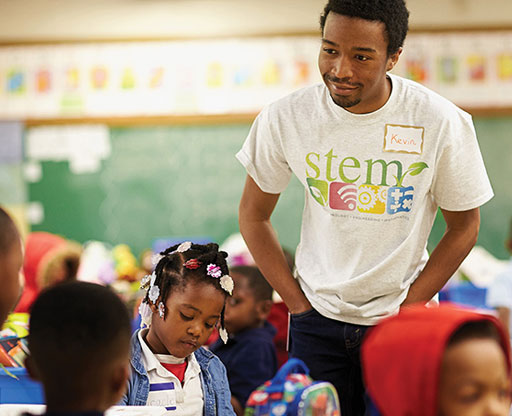Courage and knowledge
It takes courage to step in when a child has experienced traumatic stress or an adverse event — and knowledge fortifies that courage. That’s why you’re motivated to learn about the response methods and professional guidance children need. If you have experience in a child-serving setting, an undergraduate certificate in child advocacy can increase your influence within your current role. If you’re interested in social work or child psychology as a career, this specialized certificate bolsters your bachelor’s degree course work and prepares you to enter the workforce or graduate school.
Program type:
Undergraduate certificate
Format:
100% Online
Take the next step
Request more information below:

Child Advocacy Studies Undergraduate Certificate
Courses for this program are 100% online: no campus visits are required.
Successful completion of the program requires 19 credit hours of course work, which may include transfer credits from other regionally accredited institutions.
The degree requirements include nine credit hours of applied psychology of child advocacy studies courses. To fulfill the remainder of the credit hours, the student may choose two elective courses, a field education seminar and three hours in a related field placement.
Courses may be asynchronous or synchronous or a hybrid of the two. Asynchronous means that courses do not have scheduled meeting times. Synchronous means class lectures or activities occur at certain times of the day/week and require the student to attend via online collaborative tools. Please refer to UMSL Psychology for course availability and details.
Learn about the careful preparation it takes to connect with children
Work with faculty dedicated to serving at-risk children and learn from immersive experiences and industry professionals. Develop your skills among faculty, staff and students in a vibrant learning community. Many faculty members work for the University of Missouri-St. Louis (UMSL) Children's Advocacy Center, an on-campus, fully functioning child trauma support center.
UMSL is one of the first universities to incorporate national standards set by the Zero Abuse Project, a nonprofit organization working to eliminate child sexual abuse, into its curriculum. As a child advocate, you’ll be a voice for systematic change in education settings, social and juvenile justice, mental health and more. Apply your passion for child welfare and development to a meaningful career. Certificate-holders find job opportunities in education, criminal or juvenile justice, social work, human services, mental and behavioral health, psychology and more.
Upon completion of the program, certificate earners should be able to:
- Demonstrate the ethical behavior and values of their discipline in the context of traumatic stress.
- Integrate the current fund of knowledge about traumatic stress into their professional role.
- Generate effective responses to traumatic stress and child maltreatment using trauma-informed decision-making processes.
- Create trauma-sensitive relationships with consumers.
- Use knowledge to increase consumer access to trauma-informed services.
- Formulate service strategies that reduce the impact of trauma and promote well-being.
- Interact effectively with professionals across multiple disciplines.
- Produce trauma-sensitive written and verbal communication consistent with discipline standards.
- Recommend trauma-informed policy changes within their work setting.
Plan of study
Non-Missouri Residents: Prospective students are responsible for reviewing the UMSL state authorizations page to see if this program is offered in their state throughout their program and to review the licensure or certification requirements for the state in which they reside.








